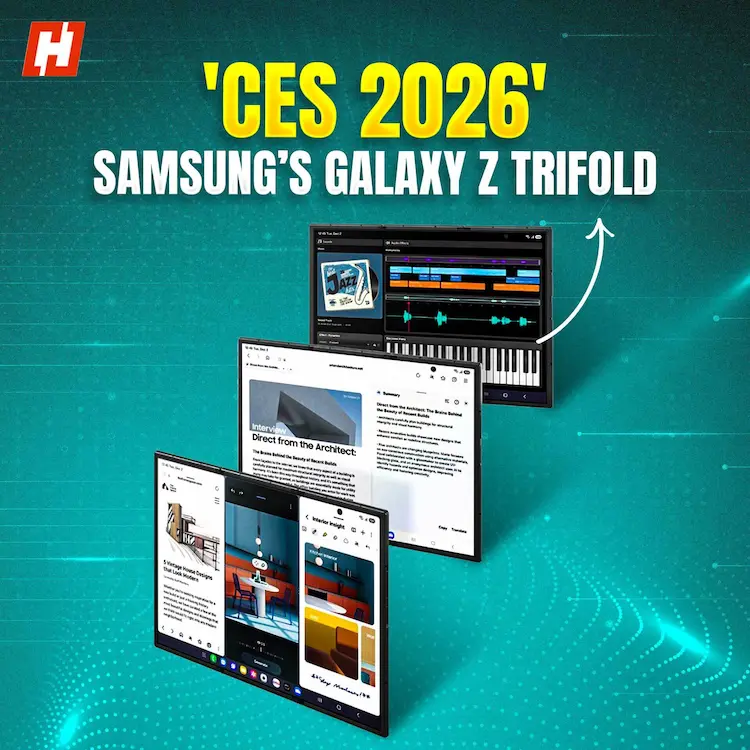Ever felt like your computer’s trying too hard to get you to use Microsoft Edge? Well, Opera thinks it’s more than just an annoying preference — it’s a scheme to keep you locked into Microsoft’s ecosystem.
Opera recently filed a competition complaint in Brazil accusing Microsoft of using manipulative design tactics to push its browser, Edge, and search engine, Bing, onto users. And based on Opera’s claims, it’s more than just a minor inconvenience — it’s a full-on attempt to stifle competition.
Microsoft’s hidden tactics to push Edge
Here’s where things get fishy: Opera alleges that Microsoft isn't just setting Edge as the default browser, it’s making it practically impossible for users to switch. According to Opera, apps like Outlook and Teams open links directly in Edge, even when users have a different browser set as their default. Add to that the constant pop-ups urging you to stick with Microsoft’s services when you search for alternatives like Chrome, and you’ve got a full-on strategy to undermine competition.
Also read: Reliance’s new JioPC turns your TV into a full-blown AI-ready computer for just ₹599 a month
Opera’s complaint and the long history
Opera isn’t new to fighting Microsoft’s browser tactics. They’ve been challenging Microsoft’s behavior since 2007, when they pushed the EU to force Microsoft to allow a browser choice screen. That led to the creation of the browser ballot in Windows, a feature that let users select their default browser. Fast forward to today, and Opera claims that Microsoft’s efforts to promote Edge are pushing the boundaries of fair competition. They even accuse Microsoft of attempting to replicate Google’s interface within Bing, to mislead users into thinking they’re using Google’s search engine.
The consequences and what Opera wants
Opera’s main demands are clear: they want Microsoft to stop these “dark patterns” that force users into using Edge. The company is also calling for changes to how PC manufacturers are allowed to preload browsers, so that alternatives to Edge can be offered by default. They’re hoping Brazil will be the first to take action, but this is part of a broader global push against Microsoft’s browser monopoly.
What’s next?
The complaint may start in Brazil, but it’s clear that Opera is aiming for global change. And though Microsoft has already made some changes in the European market following the Digital Markets Act (DMA), Opera feels those steps aren't enough. As the browser wars heat up again, the question remains: Will these legal battles force Microsoft to finally give users true freedom of choice when it comes to their browsers?
The browser wars are back, and Opera is putting up a serious fight. Microsoft may have the upper hand in terms of default settings and pre-installed services, but Opera’s push for fairer competition could mark a shift in how browsers are treated on Windows. Stay tuned, because this battle is far from over.
Also read: Oppo's upcoming K13 Turbo has a fan, a vapour chamber, and absolutely no chill





